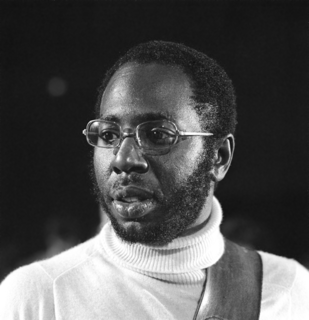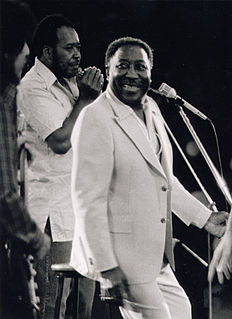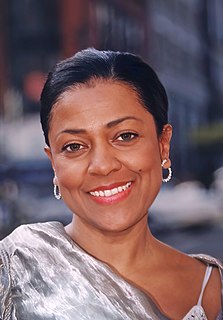A Quote by Curtis Mayfield
Related Quotes
You've heard me call myself a bluesman and a blues singer. I call myself a blues singer, but you ain't never heard me call myself a blues guitar man. Well, that's because there's been so many can do it better'n I can, play the blues better'n me. I think a lot of them have told me things, taught me things.
































